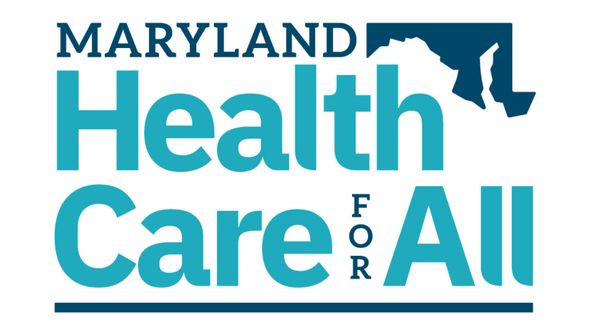Baltimore Sun
August 1, 2017
Michael Dresser
A commission established to explore Maryland’s options to respond to a possible repeal of Obamacare heard an accounting of the program’s accomplishments in the state Tuesday as well as warnings about the effects of President Donald J. Trump’s efforts to dismantle it.
The Maryland Health Insurance Coverage Protection Commission, created by the General Assembly this year, launched its efforts to prepare for change in federal health programs less than a week after a Trump-backed effort to repeal the Affordable Care Act failed in the U.S. Senate.
Nevertheless, panel members were told that more than 400,000 people still face the possibility of losing coverage or being charged higher premiums as a result of actions taken or threatened by the Trump administration.
The most immediate peril facing the states is that the Republican administration would refuse to pay Obamacare’s cost-sharing subsidies to insurers that allow them to provide coverage to lower-income customers.
“It would have a ripple effect,” said Quattrocki, former executive director of the Governor’s Office of Health Care Reform. She said it would cause people to drop insurance and drive up premiums.
Quattrocki said after the meeting that if the Trump administration were to take that action, “we would certainly look for ways to challenge it in court.” She said Maryland Attorney General Brian E. Frosh would act quickly if the subsidies were cut off — most likely in concert with other states.
About 1.2 million Marylanders have health insurance through either the exchanges created by the Affordable Care Act or through Medicaid — a program that was expanded in Maryland and 31 other states under Obamacare. About 130,000 Marylanders bought health plans through the exchange and nearly 290,000 through Medicaid expansion as of July 1.
But panel members also heard about a lack of competition in the exchange, where CareFirst and Kaiser Permanente are the only remaining choices — with Kaiser only serving the state’s metropolitan areas.
The commission includes lawmakers, health care professionals, representatives of affected industries, consumers and appointees of Gov. Larry Hogan.
State Sen. Brian Feldman, its co-chairman, said Congress’ failure to pass a repeal bill doesn’t negate the need for the commission. He said the panel has been charged with monitoring changes in a swath of federal health programs over the next three years.
“We don’t want to be caught flat-footed,” the Montgomery County Democrat said.
A panel of witnesses laid out for the commission what they see as the stakes in the health care debate.
Benjamin Orr, executive director of the Maryland Center on Economic Policy, said Obamacare had brought a decline of $311 million in uncompensated care at the state’s hospitals from 2013 to 2015. He said that in 2015 alone, 86,000 seniors and disabled people saved an average of $1,158 each because the law closed the so-called “donut hole” in prescription drug coverage.
Orr warned that there are still Republican proposals in play on Capitol Hill that could have a significant impact in Maryland. He warned the panel that a proposal by Louisiana Sen. Bill Cassidy and South Carolina Sen. Lindsey Graham to turn federal cost-sharing under Medicaid into block grants could shift heavy costs to the states. Meanwhile, Trump’s budget and a House spending proposal both envision hundreds of billions in cuts to Medicaid, Medicare and other health programs, he said.
Had Democrat Hillary Clinton won the presidential election, Obamacare markets had been expected to stabilize, Orr said.
“All of that expected stability has gone out the window,” he said. Orr said an actuarial study forecasts that premiums could rise 20 to 29 percent in 2018 — mostly because of uncertainties over subsidy payments.
“Those payments are of primary importance at the moment,” he said.
Hogan let the legislation creating the commission become law without his signature. His health secretary, Dennis R. Schrader, is a member of the panel but offered no comments besides introducing himself.
One of the few mentions of the governor came from liberal activist Vincent DeMarco, who heads the Maryland Citizens Health Care Initiative. DeMarco thanked Hogan for signing a bipartisan letter from governors who opposed the so-called “skinny” repeal bill that failed in the Senate last week.
mdresser@baltsun.com



